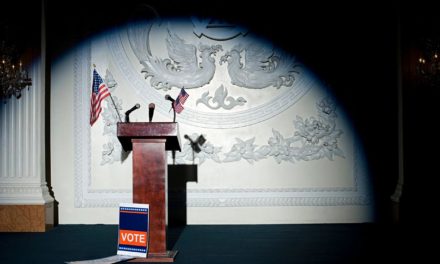I put quotation marks around the word professional in the title to irritate grammarians everywhere. When a writer uses quotation marks around a single word, it usually means they are quoting a word someone else used.
Nope, that’s not what I’m doing.
Sometimes it implies that the writer doesn’t agree with using the word in this context. That’s not it either.
I’m using quotation marks for emphasis. For some, writing is just a job. For other writers, it’s a profession. It’s how you see yourself and how others see your writing. That’s why I’m writing about the ethics of professional writing.
Some writers are also lawyers. For my people, “professional” might mean dressing smartly in court. Other writers are physicians, which is a profession necessitating advanced degrees or other certifications, framed and hung on office walls or at least in the hallways to an office.
In the writing world, there are two overarching types of writing: professional writing and everything else.
Academic writing is not professional writing. No offense to academics, but the kind of writing done at college often consists of laying down on paper research results to inform the subject of the research.
Professional writing is primarily done to influence or convince someone of something. For example, in the business world, a research report might be presented to state the problem or a solution to a problem. The professional document in a business setting would take the research a step further with project ideas, products, or advances on the subject of the research.
From a writing perspective, the biggest difference between professional writing and all other types of writing is the audience. Academic writing is done for academia: professors, fellow students, researchers, and industry experts such as scientists or historians. Professional writing is targeted to colleagues, business people, managers, and sometimes clients. Both are nonfiction, but in today’s world professional writers write creative nonfiction. When you preface the word nonfiction with the word creative, you get to the heart of literary craft. It’s what novelists, songwriters and poets employ to present nonfiction—factually accurate prose about real people and events. More simply put: well-told true stories.
From an ethics perspective, the difference between professional writing and all other writing is bracketed by the social, political and end-game use of the work itself—the final document. Is it acceptable to its readers? Do they feel the writing meets their standards, or does the writing look, feel, and reek amateurish? Does it suffer from delusions of adequacy? Does it read like something that George Will or Thomas Friedman might have written? Or is it sophomoric?
Once you try to define “professional writing,” there seems no end to the comparable assessments. Does the piece read as if it came from a prison cell or a mental institution? Does it use contractions, symbols in lieu of words, run-on sentences, and fragments rather than sentences? Does it dangle its modifiers and give you that eerie feeling that punctuation is optional. How about spelling errors; see any of those?
Beyond how it looks and feels to the reader, does it read like a draft or a polished final document? Is the final document consistent with the political boundaries established by its intended reading community? Perhaps most important, does the document do its job? Information pieces must inform. Persuasive work must persuade. Policy recommendations must state policy imperatives and expected outcomes. Financial projections must include the core capital acquisition and expense estimates consistent with the readers’ needs.
Each of those goals, purposes, and methodologies must meet basic ethical norms in context. The context of professional writing is its benefit, harm, consequence and impact. Transparency and accountability are ethical norms as well as political and sociological standards. The challenge underlying any effort to name or list ethical tests for professional writers cannot be underestimated. Even so, the following quote comports with what most professional writers would say if asked. “Perhaps this is a way to think about ethical writing: we can use language to make work that addresses the actuality of things, and the lived experience of many people. The power of narrative and poetic representation is evident in the emotional, visceral, responses people have to works that manage materiality well. Whether it’s laughter or tears or recounting the experience to friends, ‘good’ writing moves us.”[1]

I am an author and a part-time lawyer with a focus on ethics and professional discipline. I teach creative writing and ethics to law students at Arizona State University. Read my bio.
If you have an important story you want told, you can commission me to write it for you. Learn how.






 I am an author and a part-time lawyer with a focus on ethics and professional discipline. I teach creative writing and ethics to law students at Arizona State University.
I am an author and a part-time lawyer with a focus on ethics and professional discipline. I teach creative writing and ethics to law students at Arizona State University.  My latest novel is Hide & Be.
My latest novel is Hide & Be.  If you have an important story you want told, you can commission me to write it for you.
If you have an important story you want told, you can commission me to write it for you.